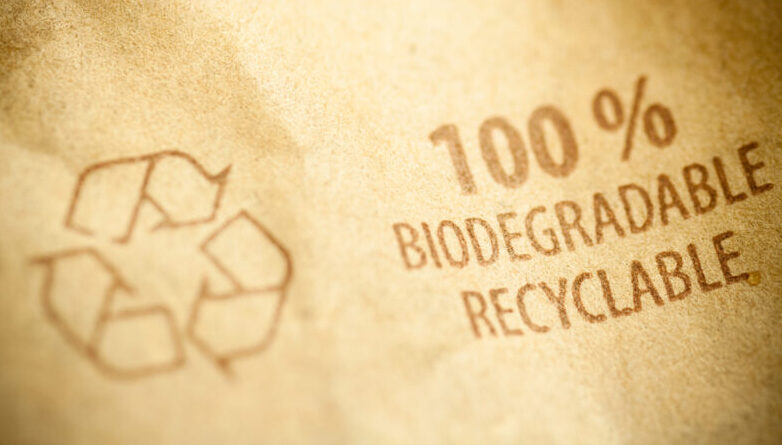More eco-friendly substrates conveying authenticity and more sustainable self-adhesive labels are gaining market share
Both in the packaging industry and in the labelling sector, authenticity and optimisation of resources are the trend-setting concepts. All markets have been affected by the Covid-19 pandemic, which has driven the focus on efficiency and savings in raw materials and energy resources. When talking about labels, we cannot forget their communicative potential and their ability to influence purchasing decisions, both in terms of their design and the texture of the materials they are made of.
Neuromarketing studies have shown that uncoated textured materials convey authenticity and therefore a sense of higher quality. In such a competitive market, details make the difference, and packaging elements have the ability to convey stories that can build consumer loyalty.
More sustainable materials
Advances in research into more environmentally friendly packaging materials are making it possible to provide plastic films for flexible packaging that are up to 50% thinner, without compromising on performance. The advantages in terms of savings in raw materials, water and energy consumption during the manufacturing process are obvious.
There is also a proliferation of substrates made from vegetable sources, obtained from waste materials. Such is the case with self-adhesive labels made from sugar cane paper, which is produced from fibres left over from the sugar cane processing, and also wooden labels made from birch ply, which convey a natural finish and offer a feeling of authenticity.
One of the defining characteristics of environmentally friendly materials is their compostability, or, in other words, their ability to reintegrate into the natural environment without polluting it after their lifespan is over. Biodegradable labels made from compostable paper or film meet this requirement, both in terms of substrate and adhesive components.
Self-adhesive labels that make recycling easier
The labelling industry is developing adhesives that improve package separation, which facilitates recycling and reuse. Water-soluble self-adhesive labels are already being used, especially on wine bottles. During the bottle washing process prior to reuse, the adhesive used is removed without leaving residues, thus reducing the environmental impact.
A similar approach applies to the labelling of polyethylene terephthalate (PET) containers. Polypropylene (PP) labels peel off easily during the recycling process, which facilitates the recovery of the plastic for new r-PET packaging.
All major brands are moving towards more sustainable solutions due to regulatory requirements and society’s increased environmental awareness, but also because it gives them a competitive advantage.
Innovative materials and quality finishes
When printing on thinner substrates and using innovative materials, precision and technological expertise are required to achieve high quality finishes. This is precisely what Rotatek machines offer because they are capable of meeting the most demanding challenges thanks to the versatility of their modular composition.
In the current context, the quality of the finished product is decisive. The measures taken as a result of the pandemic have definitely changed consumer habits. In the food sector, for example, people are opting for take-away food, so packaging, both the design of the container and the labelling elements, play a decisive role in the purchasing decision.
Whatever the sector of your activity, we invite you to contact us and find out about the wide range of options we offer you to achieve the best results in the printing of your work.

